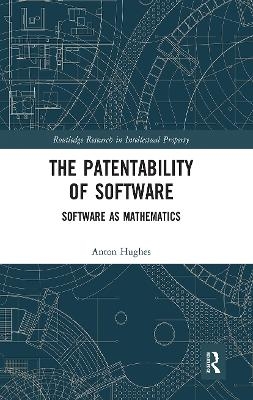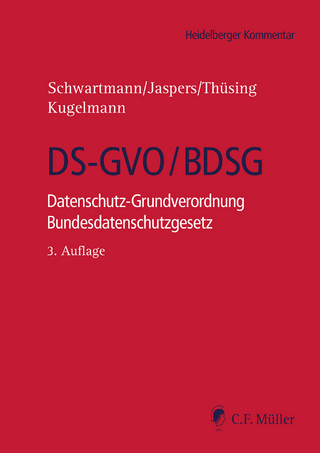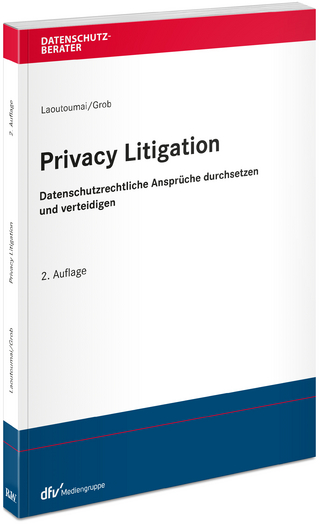
The Patentability of Software
Software as Mathematics
Seiten
2021
Routledge (Verlag)
978-1-032-24141-8 (ISBN)
Routledge (Verlag)
978-1-032-24141-8 (ISBN)
This book explores the question of whether software should be patented. It analyses the ways in which courts in the US, the EU and Australia have attempted to deal with the problems surrounding the patentability of software.
This book explores the question of whether software should be patented. It analyses the ways in which the courts of the US, the EU, and Australia have attempted to deal with the problems surrounding the patentability of software and describes why it is that the software patent issue should be dealt with as a patentable subject matter issue, rather than as an issue of novelty or nonobviousness.
Anton Hughes demonstrates that the current approach has failed and that a fresh approach to the software patent problem is needed. The book goes on to argue against the patentability of software based on its close relationship to mathematics. Drawing on historical and philosophical accounts of mathematics in pursuit of a better understanding of its nature and focusing the debate on the conditions necessary for mathematical advancement, the author puts forward an analytical framework centred around the concept of the useful arts. This analysis both explains mathematics’, and therefore software’s, nonpatentability and offers a theory of patentable subject matter consistent with Australian, American, and European patent law.
This book explores the question of whether software should be patented. It analyses the ways in which the courts of the US, the EU, and Australia have attempted to deal with the problems surrounding the patentability of software and describes why it is that the software patent issue should be dealt with as a patentable subject matter issue, rather than as an issue of novelty or nonobviousness.
Anton Hughes demonstrates that the current approach has failed and that a fresh approach to the software patent problem is needed. The book goes on to argue against the patentability of software based on its close relationship to mathematics. Drawing on historical and philosophical accounts of mathematics in pursuit of a better understanding of its nature and focusing the debate on the conditions necessary for mathematical advancement, the author puts forward an analytical framework centred around the concept of the useful arts. This analysis both explains mathematics’, and therefore software’s, nonpatentability and offers a theory of patentable subject matter consistent with Australian, American, and European patent law.
Anton Hughes has a doctorate in patent law and currently practices as a barrister in Sydney, Australia.
Acknowledgements
Introduction
1 The nature of software
2 Why software patents are a problem
3 The nature of mathematics
4 Why mathematics is not patentable
5 Why programming is not among the useful arts
6 Implications
Conclusion
Index
| Erscheinungsdatum | 14.12.2021 |
|---|---|
| Reihe/Serie | Routledge Research in Intellectual Property |
| Verlagsort | London |
| Sprache | englisch |
| Maße | 156 x 234 mm |
| Gewicht | 358 g |
| Themenwelt | Recht / Steuern ► EU / Internationales Recht |
| Recht / Steuern ► Privatrecht / Bürgerliches Recht ► IT-Recht | |
| Recht / Steuern ► Wirtschaftsrecht ► Urheberrecht | |
| ISBN-10 | 1-032-24141-1 / 1032241411 |
| ISBN-13 | 978-1-032-24141-8 / 9781032241418 |
| Zustand | Neuware |
| Haben Sie eine Frage zum Produkt? |
Mehr entdecken
aus dem Bereich
aus dem Bereich
Telekommunikations- und Multimediarecht
Buch | Softcover (2024)
dtv Verlagsgesellschaft
CHF 38,95
Datenschutz-Grundverordnung Bundesdatenschutzgesetz
Buch | Hardcover (2024)
C.F. Müller (Verlag)
CHF 279,95
datenschutzrechtliche Ansprüche durchsetzen und verteidigen
Buch | Softcover (2024)
Deutscher Fachverlag GmbH
CHF 124,60


